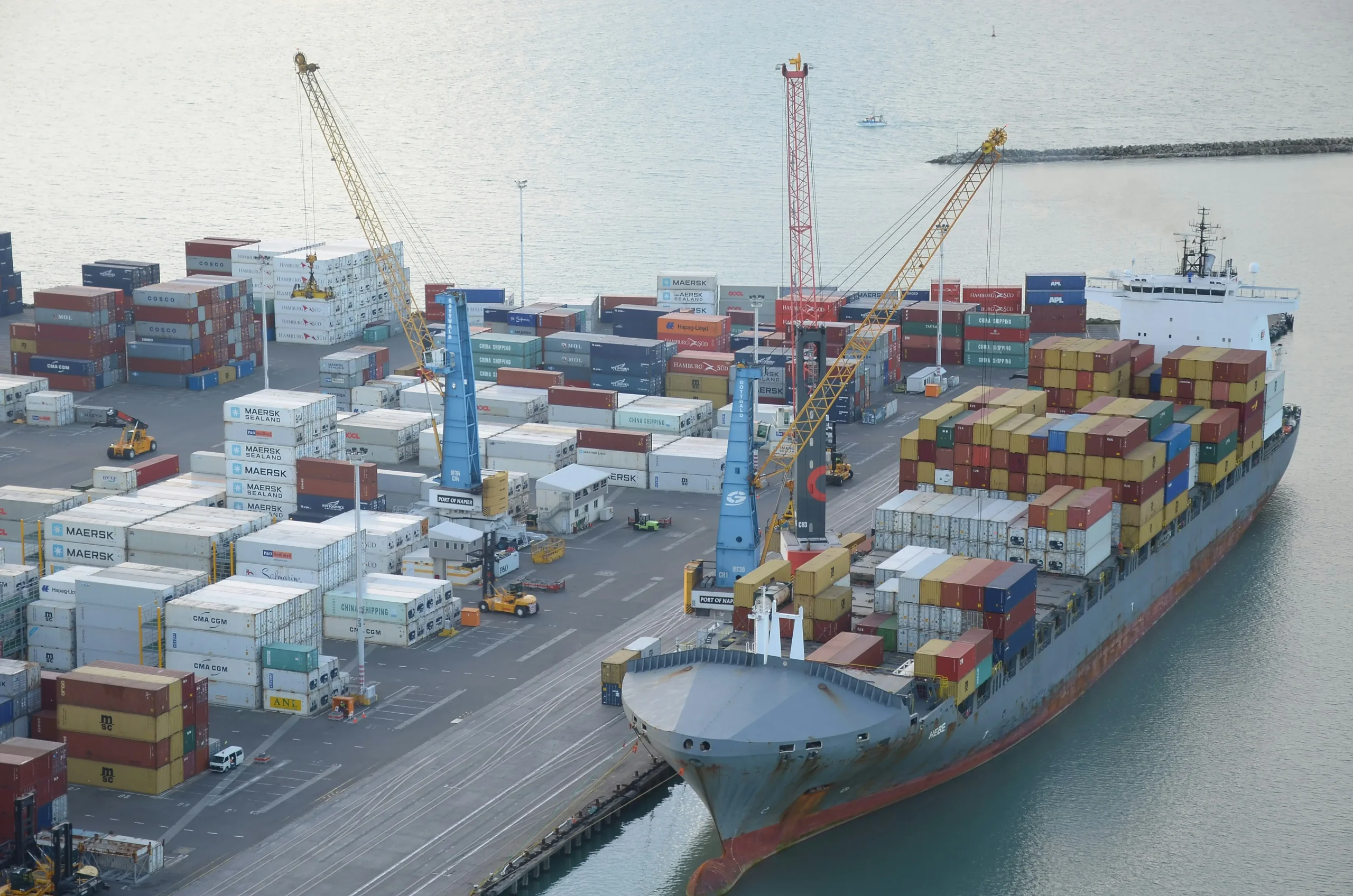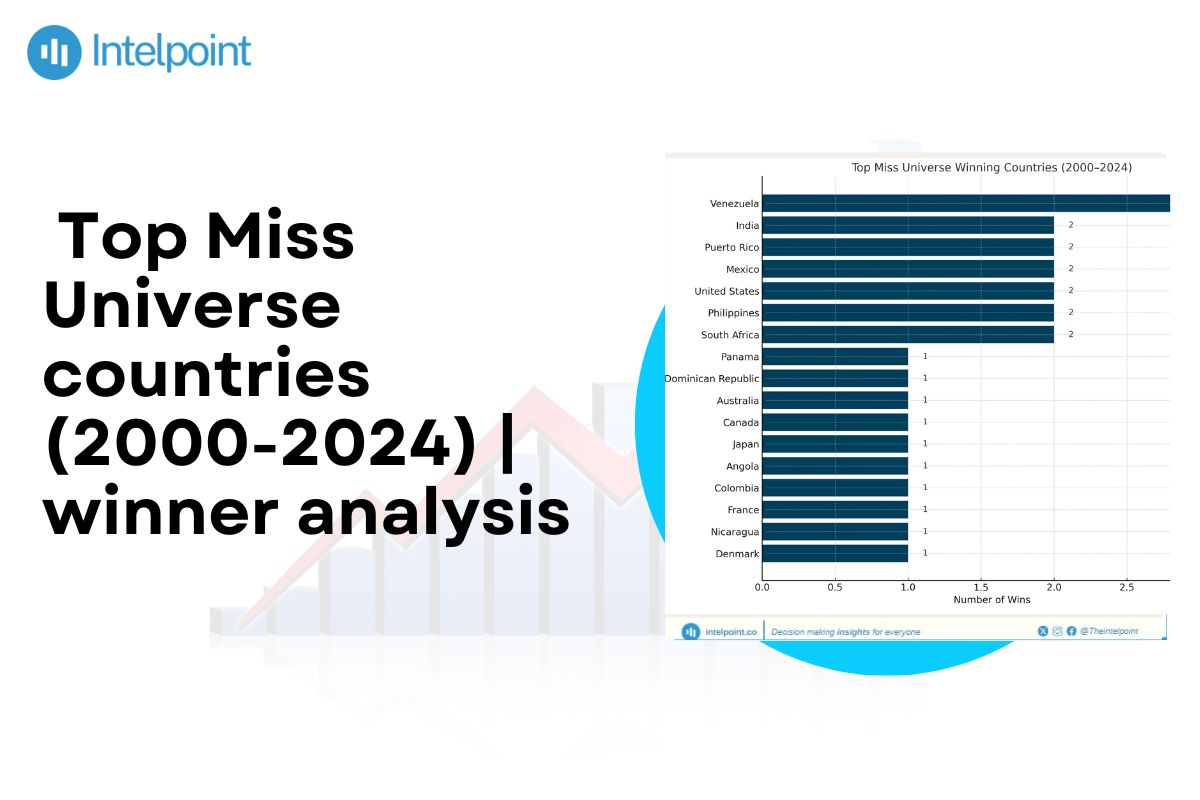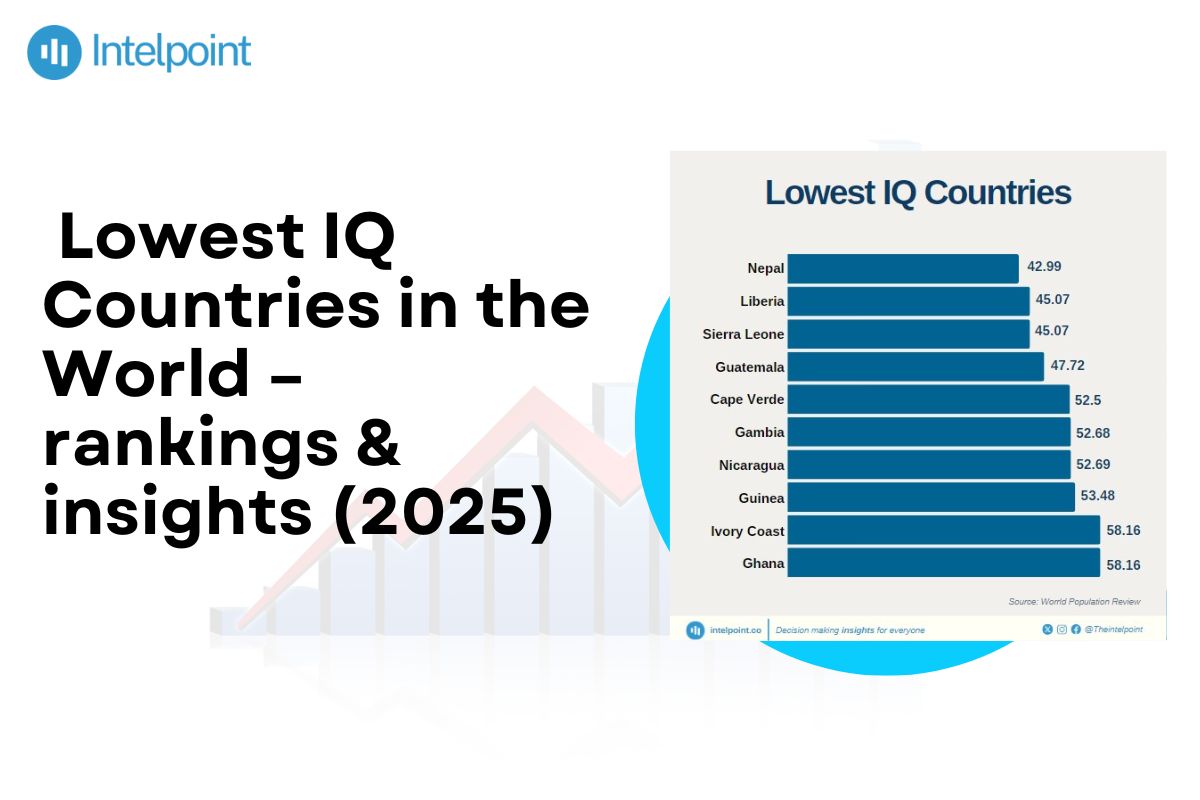On Monday, June 3, 2024, the Nigerian Labour Congress (NLC) and Trade Union Congress (TUC) embarked on an indefinite strike to demand an increase in the Nigerian minimum wage.
Over the years, the Nigerian minimum wage trend has failed to meet the basic needs of the average Nigerian worker. This failure has led to continuous demands and strike actions from organised labour unions to increase workers' wages. These demands have increased from ₦5,500 in 2004 to ₦18,000 in 2011. However, growing inflation and declining living standards have necessitated an increase from ₦30,000 in 2019 to ₦70,000 in 2024.
Key Takeaways
- 1988: Following post-independence political instability, Nigeria's poverty rate was 47.8%.
- 1992-1996: During General Sani Abacha's military dictatorship, the poverty rate reached its highest point at 58.4%.
- 2000-2018: The 2000s marked a period of economic growth, with the newly elected democratic government capitalising on record oil prices, reducing the poverty rate to 30.9%, its lowest level, by 2018.
- 2020-2023: The combined effects of the COVID-19 pandemic and the Russia-Ukraine War led to a sharp rise in the poverty rate, increasing it to 38.9%, leaving 87 million Nigerians in poverty.

In 2000, a year after the return to democracy, the Federal Government of Nigeria reviewed the minimum wage to ₦5,500. Nigeria's economy, which deteriorated during the five years of military rule from 1993-1998, pushed President Olusegun Obasanjo's civilian-led government to pursue economic reforms to combat rising inflation and stabilise the economy. These reforms further pushed the government to increase the Nigerian minimum wage to ₦7,500 in 2004.
Nigerian minimum wage from 2011–2019: ₦18,000 to ₦30,000
In August 2010, the acting president of Nigeria, President Goodluck Johnathan, approved increasing the minimum wage to ₦18,000, which was to be implemented from January 2011. The National Executive Council of the Nigeria Labour Congress gave an ultimatum on December 31, 2018, for an increase in the minimum wage.
The call for an increase came because of worsening economic conditions. The NLC demanded that the state government stop frustrating the efforts, and in 2019, the minimum wage was further increased during President Muhammadu Buhari's regime from ₦18,000 to ₦30,000 per month.
Nigeria minimum wage in 2024: Between ₦70,000 and ₦615,000
The latest increase to ₦70,000 reflects ongoing inflation and the naira devaluation. This demand for an increase in the minimum wage came after the government's economic policies, such as the removal of subsidies and unification of the naira, led to the devaluation of the naira and pushed inflation to record levels.
The state government's demand for an increase in the minimum wage was met with stiff resistance. The NLC president insisted that Congress would not compromise its stand of ₦615,000 as the new national wage. The Nigerian Governors Forum (NGF) decried that some states still struggle to pay the current ₦30,000. The NGF's proposal of ₦60,000 was instantly rejected by the NLC.
The FG proposed ₦62,000 but was declined as the NLC reduced their demands to ₦250,000. However, after months of back and forth between the Nigerian government and labour unions, NLC representatives accepted the minimum wage increase to ₦70,000 after a meeting with President Bola Tinubu.
Conclusion
Despite the numerous increases in the minimum wage since its first introduction on September 3, 1981, Nigeria and its workers have continued to struggle.
Workers have continued to suffer because their income remains the same despite inflation increasing by a fair amount annually. The average Nigerian worker still lacks access to quality health, education, housing, and a good standard of living. Meagre increases in the minimum wage are not long-term solutions to Nigerian workers' welfare problems; the solution is a comprehensive war on inflation and providing jobs for the unemployed.




